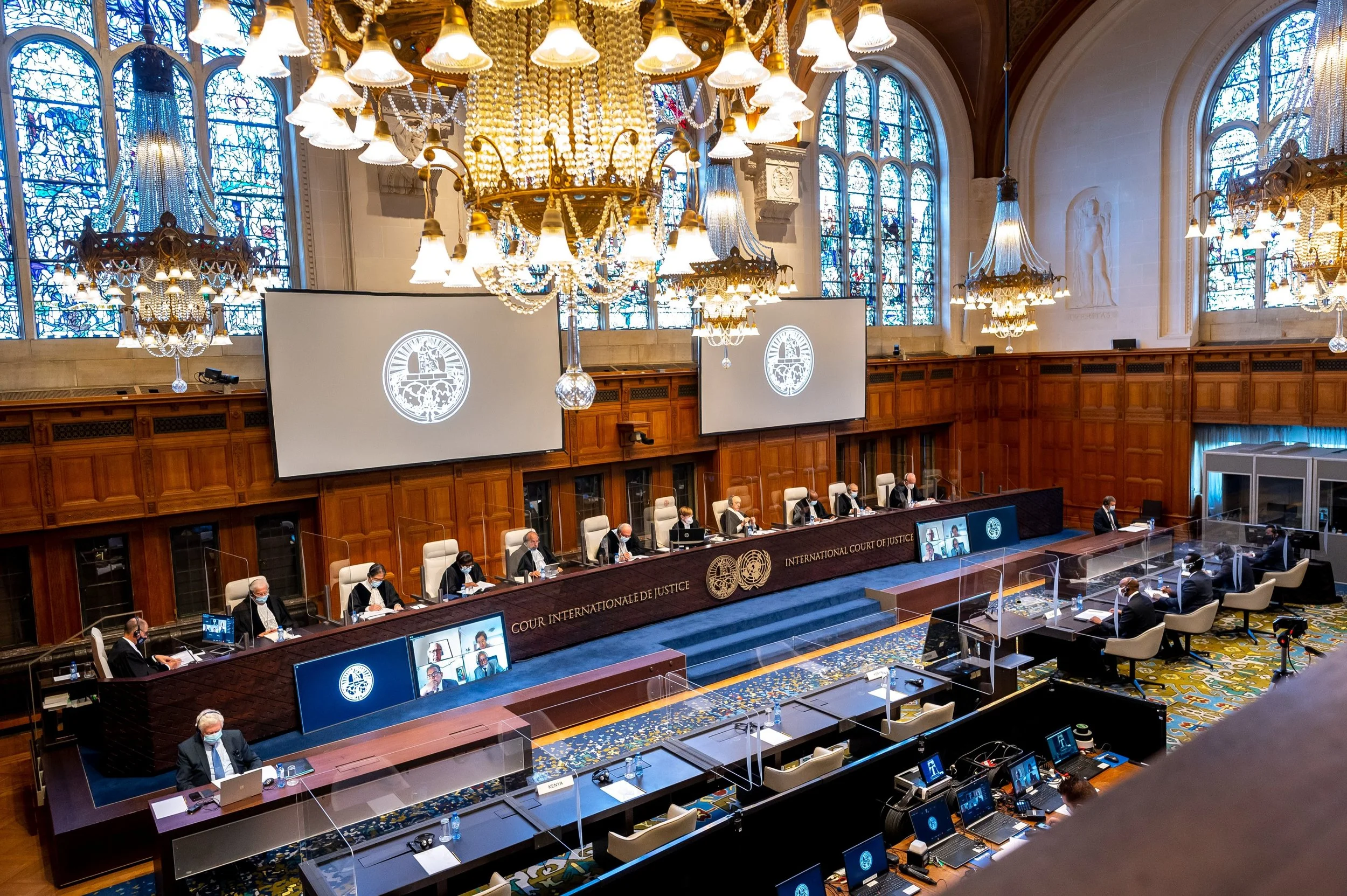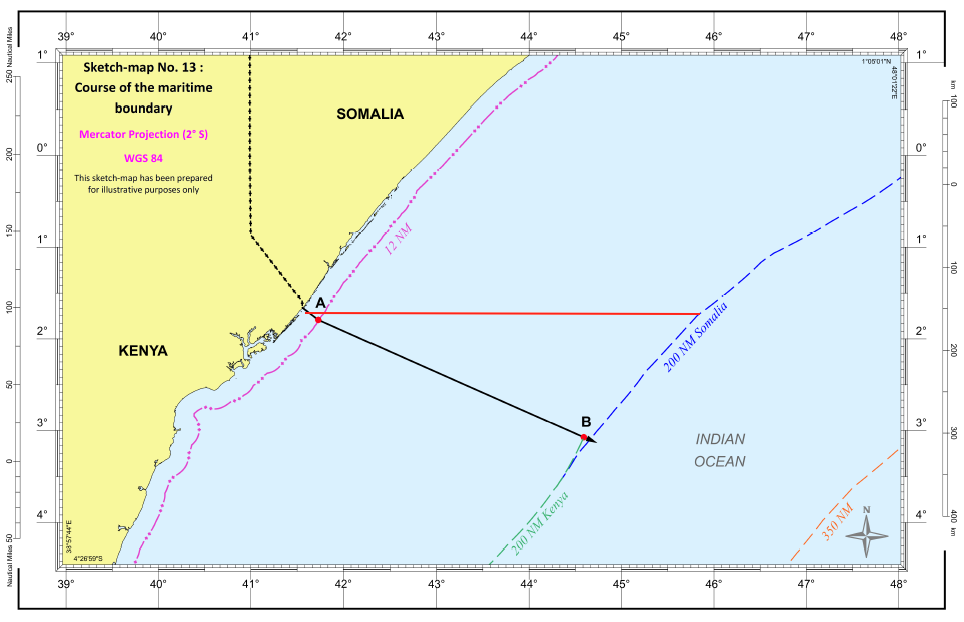Somalia vs. Kenya maritime boundary dispute
17 November 2021
In October, the International Court of Justice (ICJ) delivered its verdict in the case of the maritime boundary dispute between Somalia and Kenya, which has been ongoing for several years. The outcome was to a great extent in favour of Somalia. Deteriorated political relationship between two countries brings up significant challenges.
By Dr. Guy Wilson-Roberts - Head of Intelligence Analysis
Last month, the International Court of Justice (ICJ) delivered its verdict in the case of the maritime boundary dispute between Somalia and Kenya, which has been ongoing for several years. The ICJ decided largely in favour of Somalia although it adjusted Somalia’s claim by a small margin. Kenya had been claiming a larger maritime area, particularly relevant as the disputed area is claimed to be rich in oil and gas. Kenya's government has stated that it will not abide by the ICJ’s decision.
This is expected to worsen political relations between both countries, which comes at a difficult time for Somalia. Elections in Somalia, originally scheduled for earlier in 2021, are now underway for Somalia’s lower house with presidential elections to follow. The delay has strained Somalia’s federal structure, with provincial governments exerting their individual influence. There were open clashes in the streets of Mogadishu in April this year between different factions: the worst political violence in many years. Prime minister Roble stepped in to negotiate a tenuous agreement between President Farmajo – who was looking to extend his presidential term – and opposition factions, allowing elections to proceed.
Image: ICJ map showing its maritime border ruling for Somalia and Kenya. The red line (annotated) shows Kenya’s border claim, which was rejected by the ICJ (Source: ICJ, Risk Intelligence).
At the same time, the Somali government faces the challenge of the persistent al-Shabab insurgency. Kenyan support, through AMISOM forces deployed in the country but also in border areas, has been crucial to fighting al-Shabab. But the Somali government has accused Kenya of pursuing its own agenda, such as supporting provincial forces in the south that might not be aligned with Somalia’s central government. As well, Kenya has deepened its relations with Somaliland, which is nominally a province of Somalia but which enjoys a large degree of autonomy. This deepening has attracted strong condemnation from the Somali government.
Somalia faces significant internal political and security challenges. A worsening political relationship will make dealing with these challenges in a coordinated way difficult between the two countries. The offshore dispute, which will be ongoing despite the ICJ’s decision, will not have any immediate operational implications. It will likely hamper progress, however, for Somalia to enforce and to develop its maritime domain – such as offshore exploration and dealing with maritime crime including smuggling and illegal fishing in the southern Somali Basin. Kenya’s support for these efforts would go a long way.
FREE LIVE DEMO:
Not a user of our Risk Intelligence System yet?
Sign up for a live demo with us or request a 2 weeks full free trial with access to all incidents, assessments and features from vessel or desktop.


